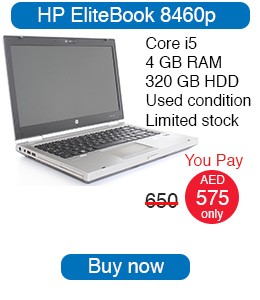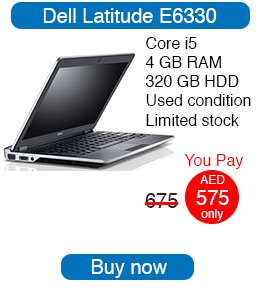If you're in the market for a used laptop, it's crucial to know what to look for to ensure you make a smart purchase. Here are the essential tips to help you evaluate a used laptop before buying:
-
Check the Physical Condition:
- Exterior: Look for any visible signs of damage, such as scratches, dents, or cracks on the laptop’s body and screen.
- Keyboard and Touchpad: Ensure every key is functioning and the touchpad responds well.
- Hinges: Make sure the screen hinges are sturdy and not loose.
-
Examine the Specifications:
- Processor (CPU): Confirm that the processor is suitable for your performance needs.
- RAM: Verify the amount of RAM and ensure it’s adequate for your usage.
- Storage: Check the type (HDD, SSD) and capacity of the storage. SSDs offer faster performance and better reliability.
- Graphics Card: Consider this if you plan to engage in graphics-intensive activities like gaming or video editing.
- Ports: Ensure all ports (USB, HDMI, audio jack, etc.) are operational.
-
Battery Life Assessment:
- Investigate the health and remaining battery life. A worn-out battery can lead to additional expenses.
-
Inspect the Display:
- Look for dead pixels, discoloration, or brightness problems.
- Ensure the resolution and quality of the display meet your expectations.
-
Test the Performance:
- Power up the laptop and check its speed and responsiveness.
- Run a few applications to see how it handles typical tasks.
-
Verify the Operating System:
- Ensure the laptop has a legitimate and licensed operating system installed.
- Check for any unnecessary software or bloatware.
-
Hardware Functionality Check:
- Test the webcam, speakers, microphone, and other built-in hardware.
- Confirm the Wi-Fi and Bluetooth connectivity.
-
Cooling System Evaluation:
- Listen for excessive fan noise, which may indicate overheating problems.
- Feel for unusual heat during normal use.
-
Review Warranty and Return Policy:
- Check if the laptop has any remaining manufacturer’s warranty.
- Ensure the seller offers a return policy or some form of guarantee.
-
Compare Prices:
- Compare the price of the used laptop with similar models to ensure you’re getting a fair deal.
-
Assess Seller Reputation:
- If purchasing from an individual or a lesser-known seller, review their reputation and customer feedback.
-
Check for Original Accessories and Documentation:
- Ensure you receive the original charger and, if possible, any manuals or original packaging.
By carefully evaluating these factors, you can confidently purchase a used laptop that meets your needs and offers great value.











